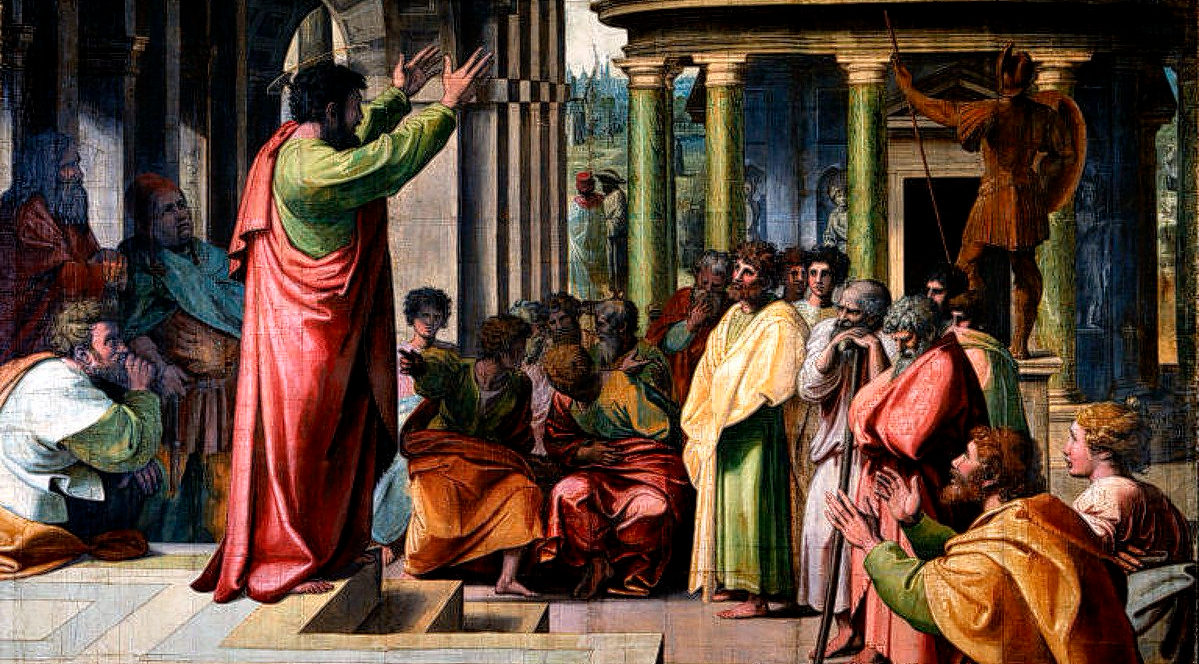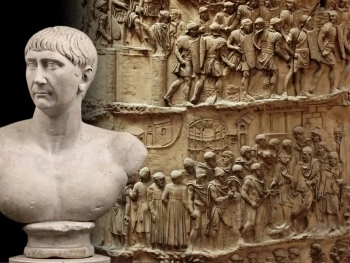The New Testament provides us with a historical account of the origins of Christianity, and a dictionary can be an invaluable tool in exploring its origins. Understanding the historical context in which Christianity emerged can help us gain a deeper understanding of its teachings and beliefs.
Here are some key concepts and terms related to the origins of Christianity that can be explored in a dictionary:
- Apostles - The apostles were Jesus' closest followers and are credited with spreading his teachings after his death. Understanding their roles and contributions can help us understand the early history of Christianity.
- Pauline Epistles - The Pauline Epistles are a collection of letters written by the apostle Paul to early Christian communities. These letters provide insights into the early beliefs and practices of Christianity.
- Gnosticism - Gnosticism was a religious movement that emerged in the early Christian era. Understanding its beliefs and practices can help us understand the development of Christian theology.
- Council of Nicaea - The Council of Nicaea was a pivotal event in the history of Christianity. Understanding its decisions and their impact on Christian theology can help us understand the evolution of Christian doctrine.
- Holy Trinity - The Holy Trinity is a central tenet of Christian theology. Understanding its origins and development can help us understand the early beliefs and practices of Christianity.
- Canon - The canon refers to the collection of books that make up the New Testament. Understanding the process by which these books were selected and compiled can help us understand the early history of Christianity.
- Early Church Fathers - The Early Church Fathers were Christian theologians and writers who lived in the first centuries of Christianity. Understanding their writings and teachings can help us understand the development of Christian theology and doctrine.
By exploring these concepts and terms in a dictionary, readers can gain a deeper understanding of the origins of Christianity. By understanding the historical and cultural context in which Christianity emerged, we can gain new insights into its teachings and beliefs. The New Testament is not just a collection of texts, but a living testimony to the origins of one of the world's major religions. By using a dictionary to explore the historical context of the New Testament, we can deepen our understanding and appreciation of the Christian faith.




